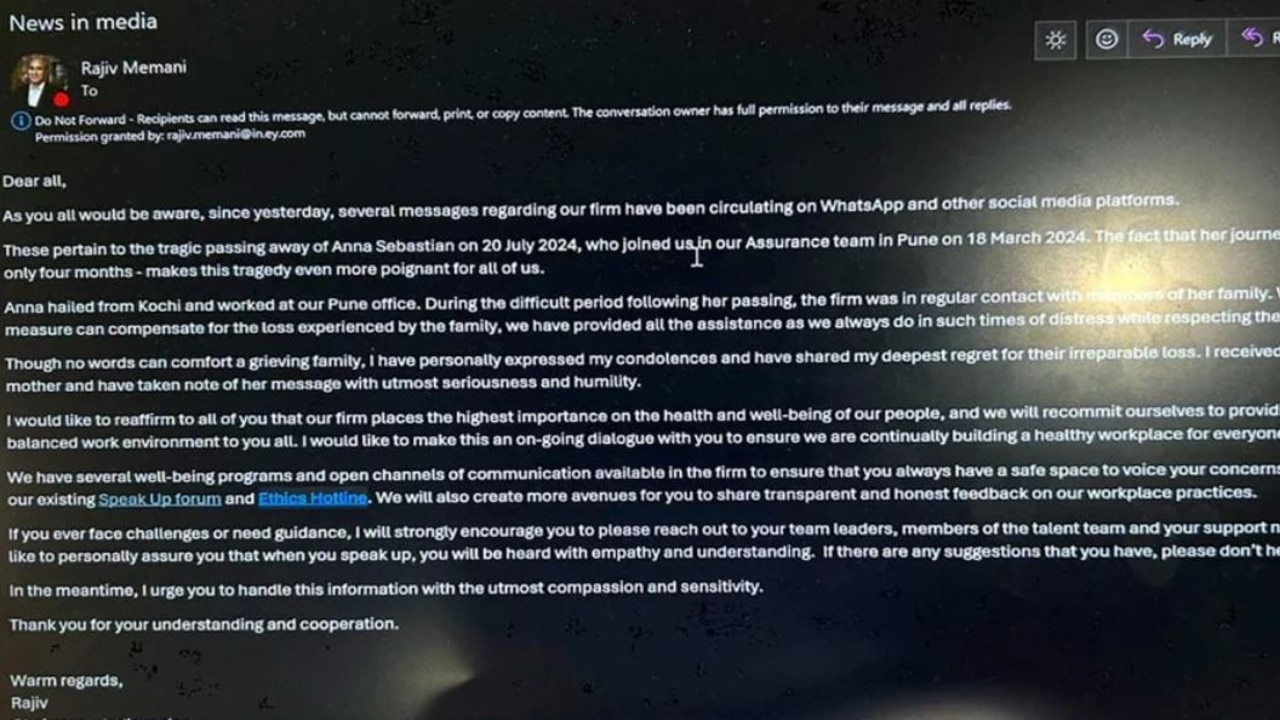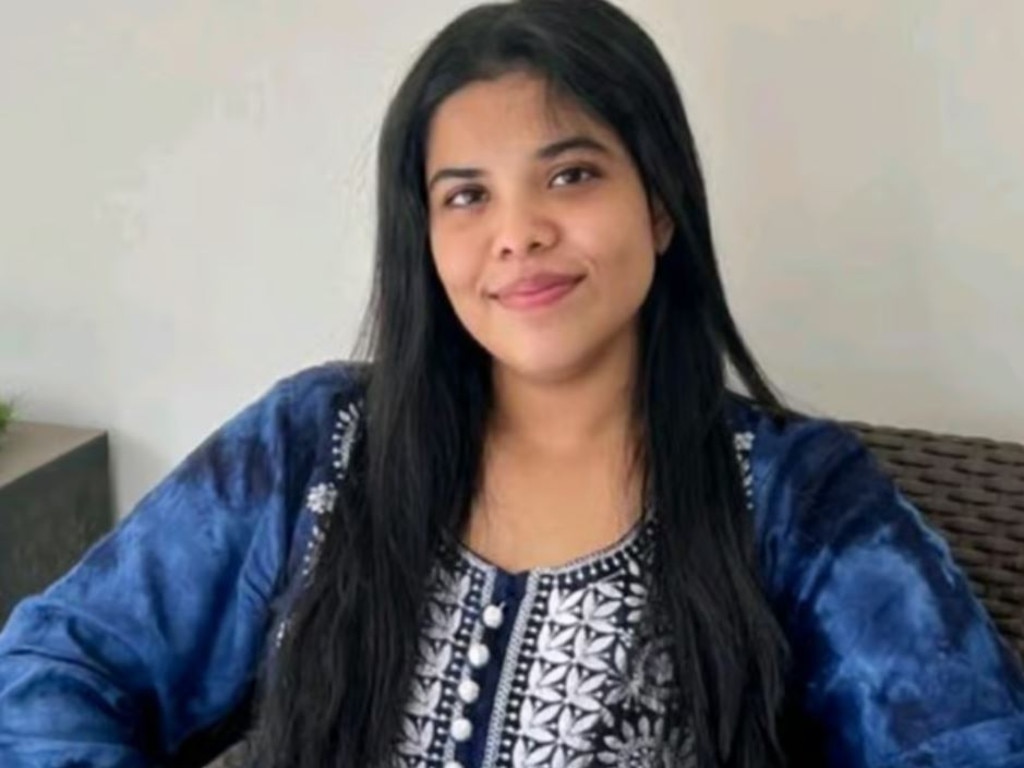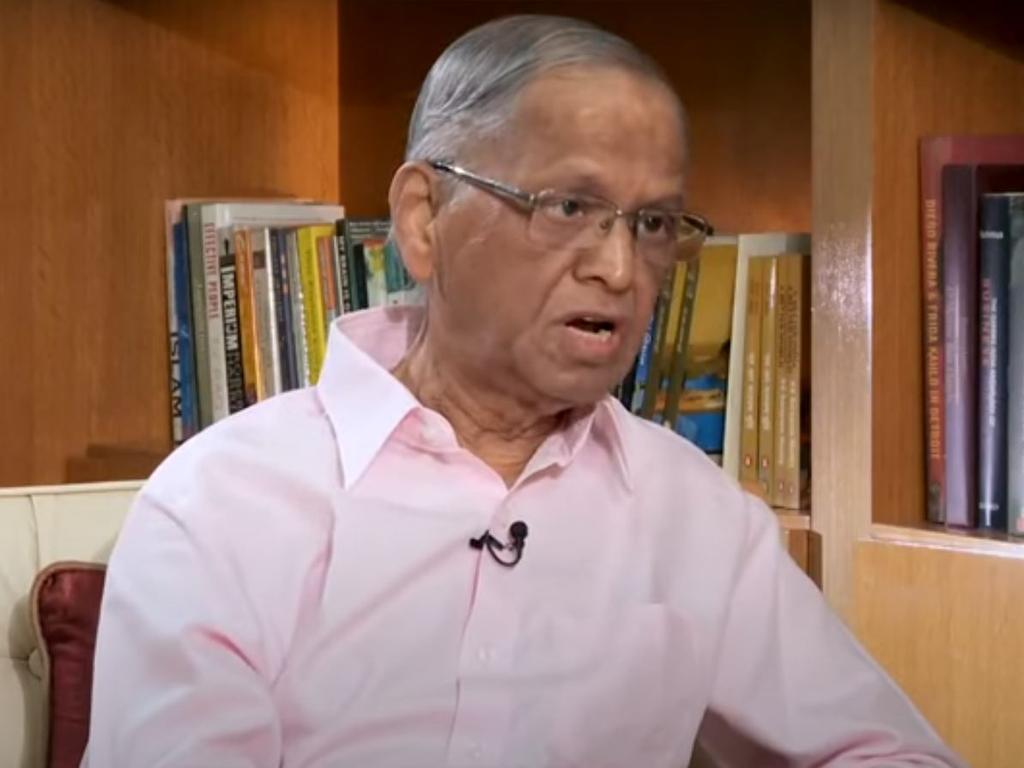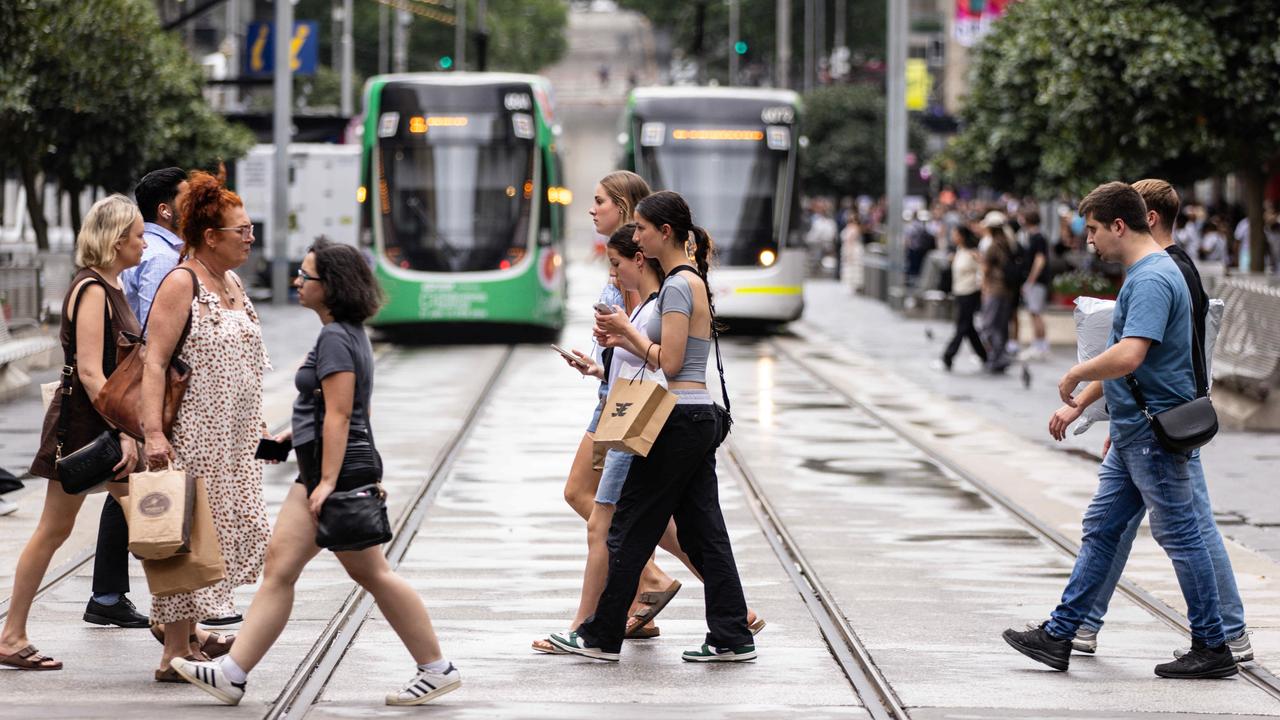Friend reveals how 26yo EY accountant died
The grieving best friend of a young woman who died just months after starting her dream job at EY has revealed how the talented accountant died.

A young accountant who died just four months after starting a job at EY had a harrowing phone call with her best friend before dying in an ambulance on the way to hospital.
Anna Sebastian Perayil, a 26-year-old accountant with the Big 4 firm in India, tragically died in July after struggling to cope with a “relentless” workload in her first job.
Her mother Anita Augustine sent a scathing letter to her boss, alleging the accounting giant’s toxic work culture played a part in her daughter’s tragic death.
The letter has triggered widespread backlash and shone a spotlight on EY, with India’s government vowing a “thorough investigation” into the work environment at the firm.
In response to allegations Anna was overworked to death, EY India Chairman Ravij Memani had a blunt statement.
“Anna worked with us only for four months. She was allotted work like any other employee. We don’t believe that work pressure could have claimed her life,” he told the Indian Express.
But Anna’s best friend, Ann Mary, recalled a phone call the pair had just two hours before she collapsed inside her house surrounded by concerned flatmates.

“Even on that day, she had told me about a late-night meeting,” Ann told Indian news outlet Onmanorama.
She recalled Anna saying how EY management had “proudly” boasted about the high turnover in her division at the firm, and encouraged her to “break that pattern”.
“They had normalised this toxic work culture. Anna experienced anxiety attacks, but no one stepped forward to help her,” she added.
Not long after hanging up the phone, Anna felt a sharp pain in her chest.
Her friends called up her mother, who urged them to take her to the hospital immediately, but it was too late.
One of her roommates, a dental doctor, performed CPR on her inside the home they shared but Anna tragically suffered a cardiac arrest and died in the ambulance.
Anna’s father, Sibi Joseph, said his daughter had no health issues before joining EY.
“She consulted a cardiologist, who told her stress, lack of sleep and improper intake of food was causing her trouble,” added her uncle.
Know more or have a similar story? Email daniel.peters@news.com.au

EY boss’ tone-deaf email
Meanwhile, an email from Anna’s boss in the wake of her death has been savaged by fed-up employees after being leaked online.
In the email, understood to be sent to many of the 100,000 Indian employees at EY, Mr Memani said he had “taken note” of the mother’s message “with utmost seriousness and humility”.
“The fact that her journey with the firm was so short-lived - only four months - makes this tragedy even more poignant for all of us,” he wrote.
He added that he wanted to “reaffirm” to staff that the firm “places the highest importance on the health and well-being of our people”.
“We will recommit ourselves to providing a supportive, healthy, and balanced work environment to you all,” he wrote.
Social media users, many who claimed to be current employees at EY, said his directive to “reach out to your team leaders” in the face of challenges missed the mark.
“This is the most corporate a corporate can be. ‘Oh you have a problem with boss, why don’t you try reaching out to the boss!’,” one sarcastically wrote.
“He is only upset about the bad publicity. A reminder that nobody from EY showed up to her funeral. So they didn’t care when it actually mattered,” added another.
“Where is the apology? Where is the responsibility? If I were her mother, I would be furious,” wrote a third.
Others took issue with what they claimed was his tone-deaf wording, including the decision to describe her time on the team as “short-lived” and the title of the email being “news in media”.

India launches “thorough investigation”
Anna’s death has sparked fury in India.
Indian MP Saket Gokhale demanded an “urgent investigation into the working conditions at EY which allegedly led to the death of Anna Sebastian Perayil”.
“She deserves justice along with every other employee in India who is suffering due to the callous & toxic atmosphere at these private firms,” he said in a statement.
“There have also been several accounts of employees saying that this is a prevalent situation at many consultancies & other private firms,” he added.
“This is UNACCEPTABLE! We have sufficient laws in our country for the protection of employees from unfair practices, being underpaid, & being made to work additional hours.”
In response, Labour Minister Shobha Karandlaje confirmed the government was conducting a “thorough investigation into the allegations of an unsafe and exploitative work environment”.
IT employee union NITES also called for an “independent and thorough investigation”, submitting letters to both the Ministry of Labour and Employment and the Ministry of Home Affairs.
“This heartbreaking event has shaken the IT and finance sector,” NITES President Harpreet Singh Saluja wrote in the letter, seen by news.com.au.
“It is deeply concerning that no representative from the company attended her funeral, demonstrating a stark disregard for the value of human life and the well-being of their employees.
“Such incidents not only point to a toxic work culture but also highlight the urgent need for systemic changes to prevent further loss of life.”

’70 hours a week’: India’s toxic work culture
Software billionaire NR Naranya Murthy – the founder of Infosys and father-in-law of former UK Prime Minister Rishi Sunak – sparked outrage last year after claiming young people should be prepared to work 70 hours a week.
“India’s work productivity is one of the lowest in the world,” he said on a podcast.
“Unless we improve our work productivity... we will not be able to compete with those countries that have made tremendous progress.
“So, therefore, my request is that our youngsters must say, ‘This is my country. I’d like to work 70 hours a week’.”
He defended his comments earlier this year, insisting the 70-hour figure was not the point he was trying to make.
“I don’t think 70 is important, all that it means is that you are productive, work very hard like the Germans did after World War II, like Japanese did. We owe it to the poor people to work hard and make the quality of their life a little bit better.”
He’s not the first Indian business titan to advocate for a suffocating workload.
In 2022, Bombay Shaving Company CEO Shantanu Deshpande said young Indians should be working 18 hour-days for the first five years of their career.
“When you are 22 and new in your job, throw yourself into it. Eat well and stay fit, but put in the 18 hour days for at least 4-5 years,” he wrote on LinkedIn.
“I see a LOT of youngsters who watch random content all over and convince themselves that ‘work-life balance, spending time with family, rejuvenation bla bla’ is important,” he continued.
“It is, but not that early.
“That early, worship your work. Whatever it is. The flex you build in the first 5 years of your career carries you for the rest of it.”

The numbers: India’s sad work crisis laid bare
The average Indian worker works 47.7 hours a week – higher than the US, UK and Germany but lower than China – according to the International Labour Organisation.
Other studies suggest that figure is actually much higher.
A bill named Right to Disconnect – similar to one enacted in Australia recently – was introduced in India in 2018 but has gained no traction in Indian parliament.
Worryingly, just one in five working-age women in India have jobs, according to the latest World Bank Figures from 2021.
Those official figures are thought to include employed women who report working as little as one hour of work outside of their home.
The Center for Monitoring the Indian Economy (CMIE) found that just 10 per cent of working age Indian women in 2022 were employed in the workforce.
.




